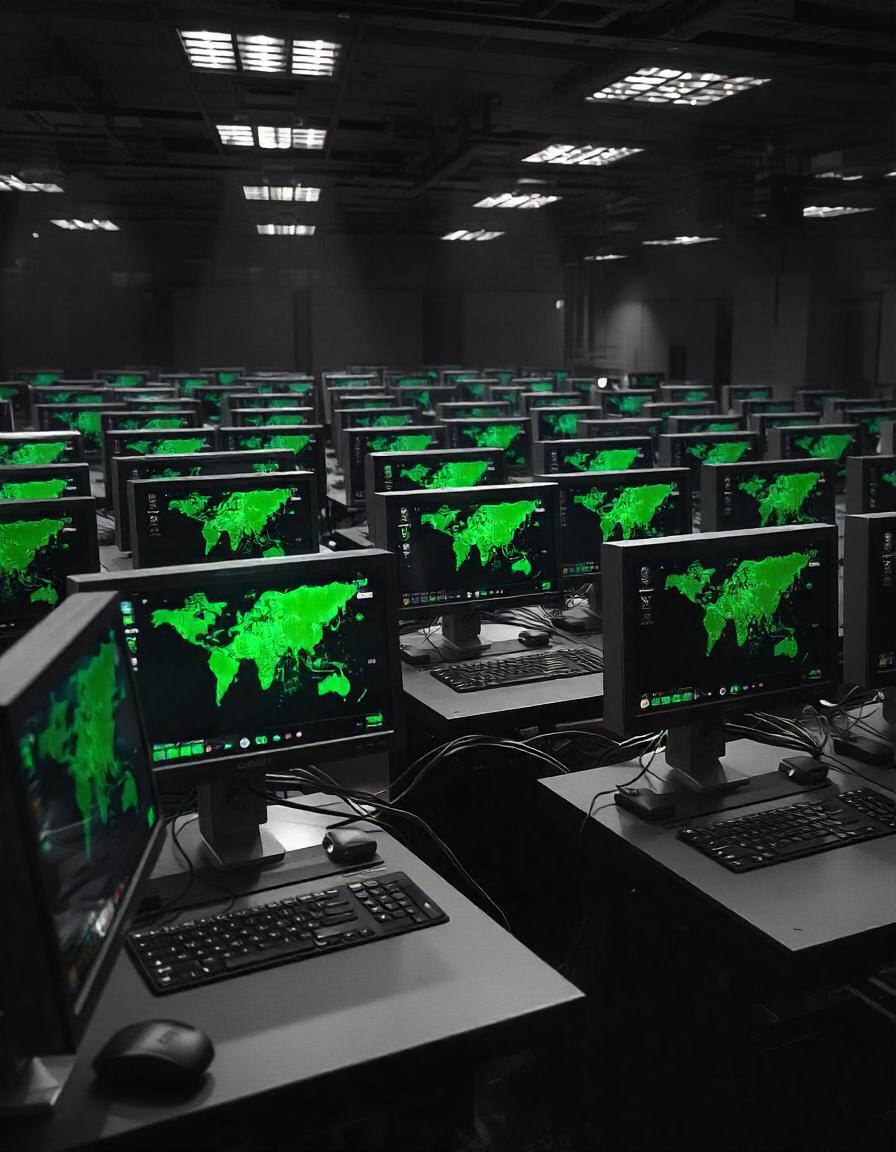As businesses embrace the transformative power of Artificial Intelligence (AI) in Robotic Process Automation (RPA), the need for robust cybersecurity measures becomes paramount. The integration of AI into RPA environments introduces a new frontier of challenges, and proactive defense is crucial. In this blog post, SafeNet, a leading cybersecurity company, delves into the innovative strategies of its Blue Team for securing AI in RPA environments, ensuring a resilient defense against emerging threats.
Understanding SafeNet:
SafeNet has long been at the forefront of cybersecurity, adapting to the evolving digital landscape. In the era of AI and RPA, SafeNet Blue Team stands as a vanguard, combining expertise and innovation to fortify organizations against the dynamic challenges presented by the convergence of AI and robotic processes.
AI in RPA Environments: A Cybersecurity Challenge:
The infusion of AI into RPA brings efficiency and automation, but it also introduces new vectors for cyber threats. As organizations increasingly rely on AI-driven automation, ensuring the security of these processes becomes a critical component of overall cybersecurity strategy.
SafeNet Blue Team Strategies:
- Behavioral Analysis of AI Processes: SafeNet’s Blue Team employs advanced behavioral analysis techniques to monitor the activities of AI processes within RPA environments. By establishing a baseline of normal behavior, any deviations indicative of potential security threats can be swiftly identified and addressed.
- Continuous Threat Intelligence Integration: Blue Team strategies at SafeNet involve the continuous integration of threat intelligence feeds specific to AI vulnerabilities. This proactive approach ensures that the Blue Team is equipped with the latest insights into emerging threats targeting AI in RPA environments.
- Dynamic Anomaly Detection: The Blue Team implements dynamic anomaly detection mechanisms, leveraging AI itself to identify unusual patterns or deviations in AI-driven processes. This real-time analysis enhances the ability to detect and respond to potential security incidents promptly.
SafeNet Blue Team’s Approach to Securing AI in RPA:
- Collaborative Training and Simulation: SafeNet Blue Team engages in collaborative training and simulation exercises with organizations, creating realistic scenarios to test the responsiveness of AI security measures. This ensures that the Blue Team is well-prepared for a wide range of potential threats.
- Customized Security Policies: Recognizing the uniqueness of each organization’s AI and RPA deployment, SafeNet tailors security policies to fit specific requirements. The Blue Team collaborates closely with clients to ensure that security measures align with the intricacies of their AI-driven processes.
- Incident Response Planning: SafeNet’s Blue Team emphasizes the development of comprehensive incident response plans specifically tailored for AI in RPA environments. This ensures that organizations can respond swiftly and effectively to security incidents, minimizing potential damage.
In the era of AI-driven Robotic Process Automation, SafeNet’s Blue Team stands as a dedicated guardian, ensuring the secure integration of AI technologies. By adopting innovative strategies and staying ahead of emerging threats, SafeNet empowers organizations to harness the benefits of AI in RPA while safeguarding against potential cybersecurity risks.





